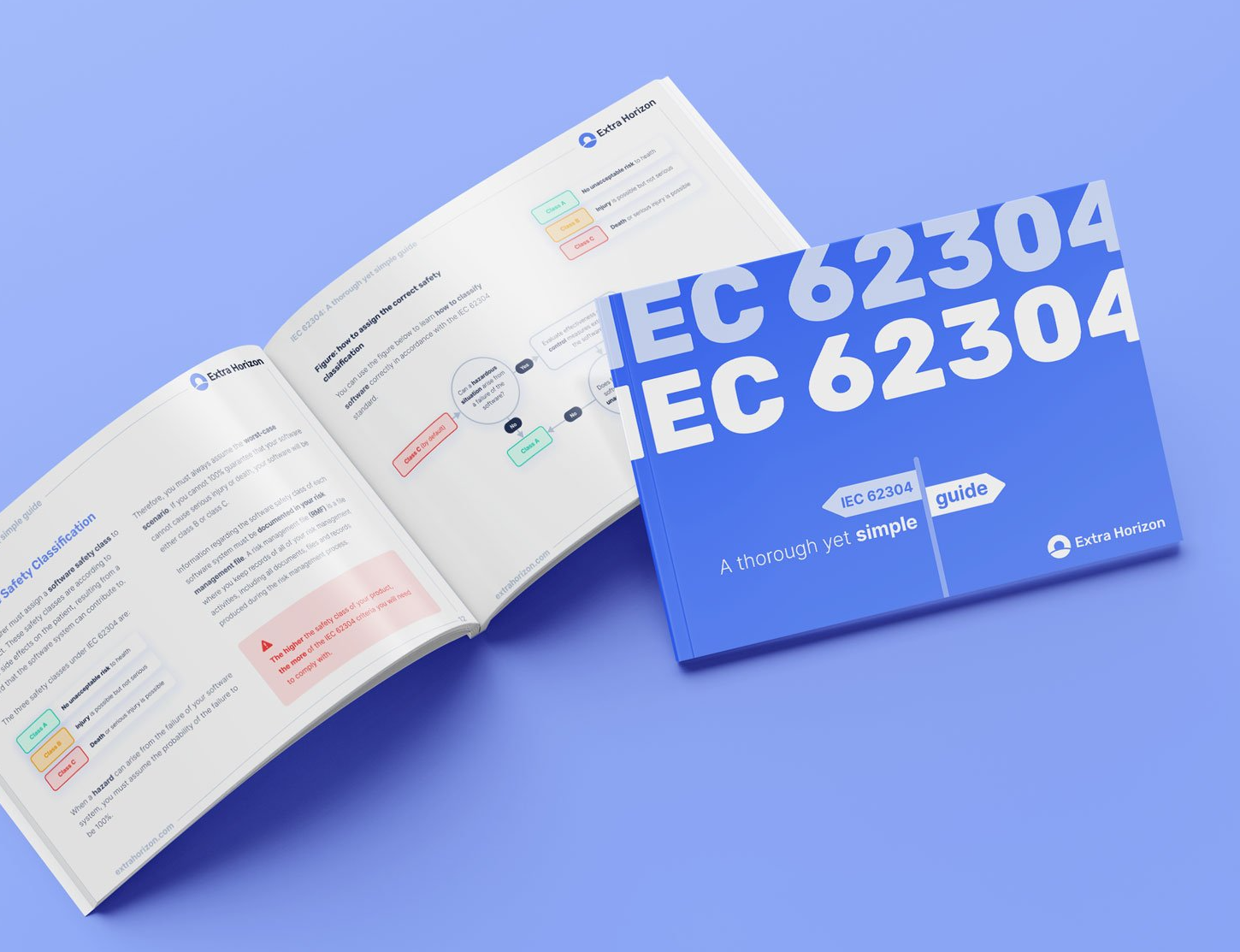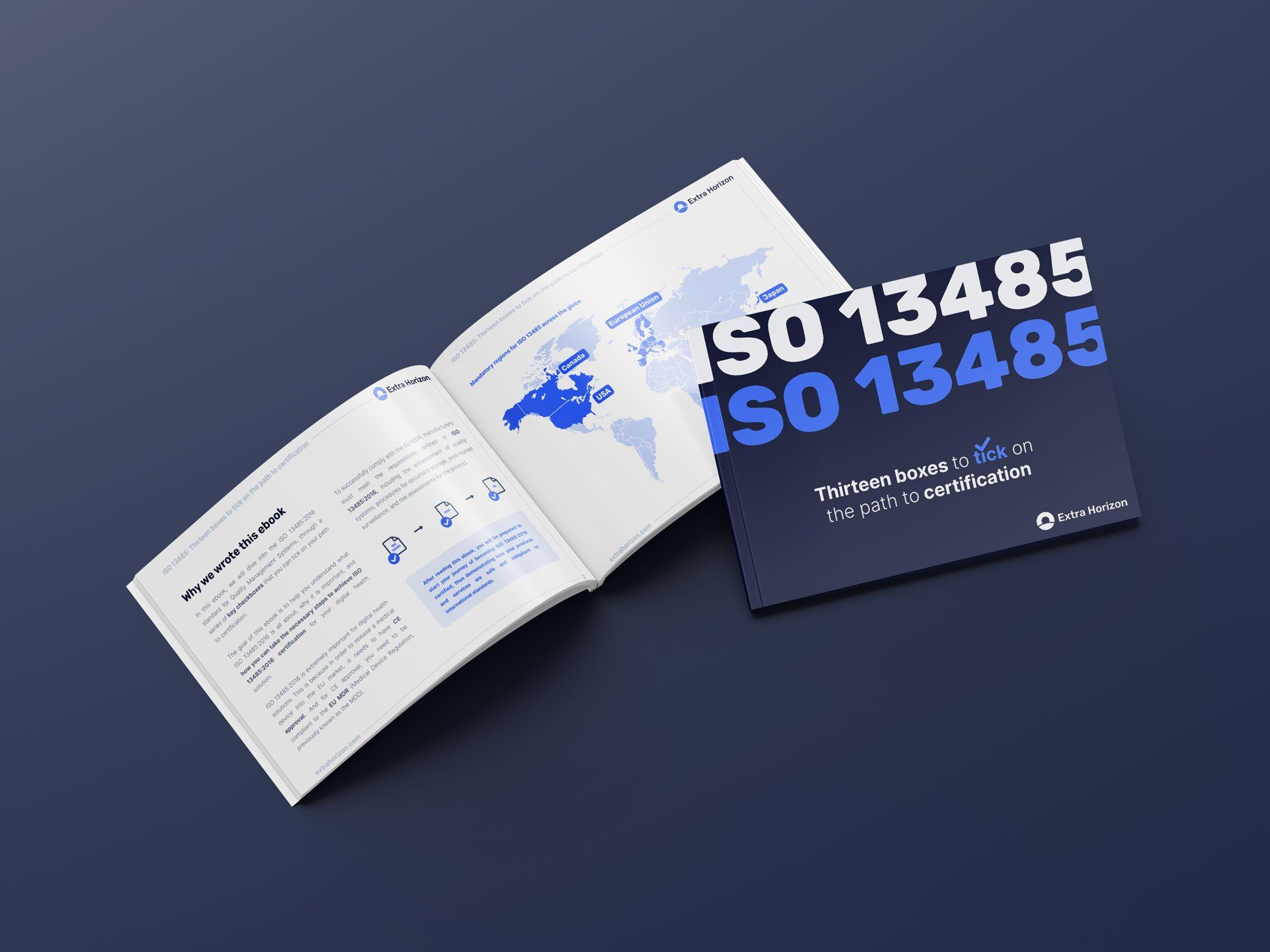The blurring line between wellness and health
Would you buy a thermometer where the manual states "only designed for general fitness and wellness purposes"? I recently read a critical article on at-home urine tests. The authors of the article discovered that the tests were inaccurate in some cases. When they contacted the company to ask for scientific evidence, the company answered that the team was still working on that.
It became the inspiration for this post: a critical question as to whether companies can market their products as providing health insights without being a medical device. However, my tone quickly changed when I checked the hour on my wrist. The Apple Watch I was looking at also measures heart rate and tracks my sleep. The Apple Watch is a special case, as it has received FDA clearance for its ECG feature, but not for the blood oxygen monitor. That feature is only for general fitness and wellness purposes. The reality is, as always, more complex.
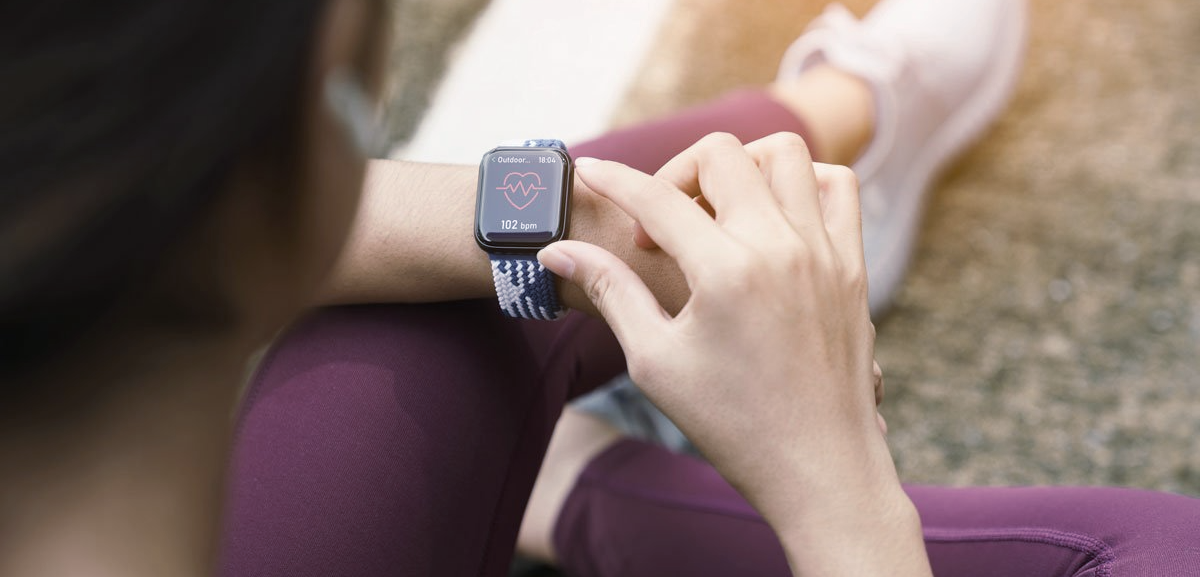
Medical devices are complex
At Extra Horizon we typically work with customers who are pursuing a medical device certification for their product. They have to engage in clinical validations. They have to implement ISO 13485 quality management systems. Their medical device software needs to be developed according to the IEC 62304 standard. They have to go through a lot of processes and validations before they can put their product on the market. Once their product is on the market, they have to engage in post-market surveillance activities. It’s a lot of processes and requirements to follow.
Health and Wellness: close but not equal
A medical device gives a diagnosis while wellness applications are informational only. Should every health-related app go through the same level of scrutiny? Definitely not.
But at least every health-related app should be transparent about their capabilities and accuracy. And they should be careful with your personal health data. In August 2021, a new IEC/ISO standard 82304-2 was published. Next to setting quality requirements for health apps, it also defines a label that visualises the quality and reliability of health apps. It’s similar to the energy consumption label for electrical appliances. If this kind of label becomes required, it becomes an incentive for companies to build trustworthy applications. It also makes it easier for customers to spot the difference.
I’m a big advocate of technologies that empower people to be more proactive about their health. If a company truly wants to empower people in this way, making sure it works reliably and accurately should be a requirement, not an afterthought.
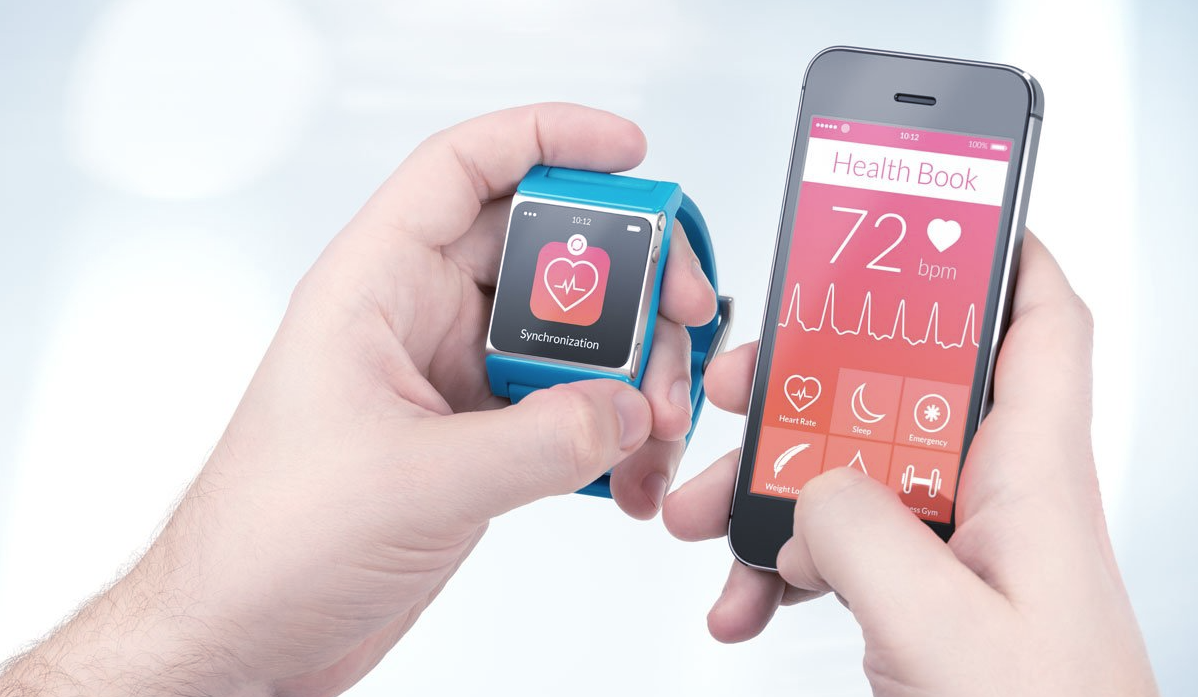
If you are planning on building your digital medical application from scratch, all by yourself, it might be a good idea to consider building it with a medical Backend-as-a-Service like our own. Find out more here.
RECENT POSTS
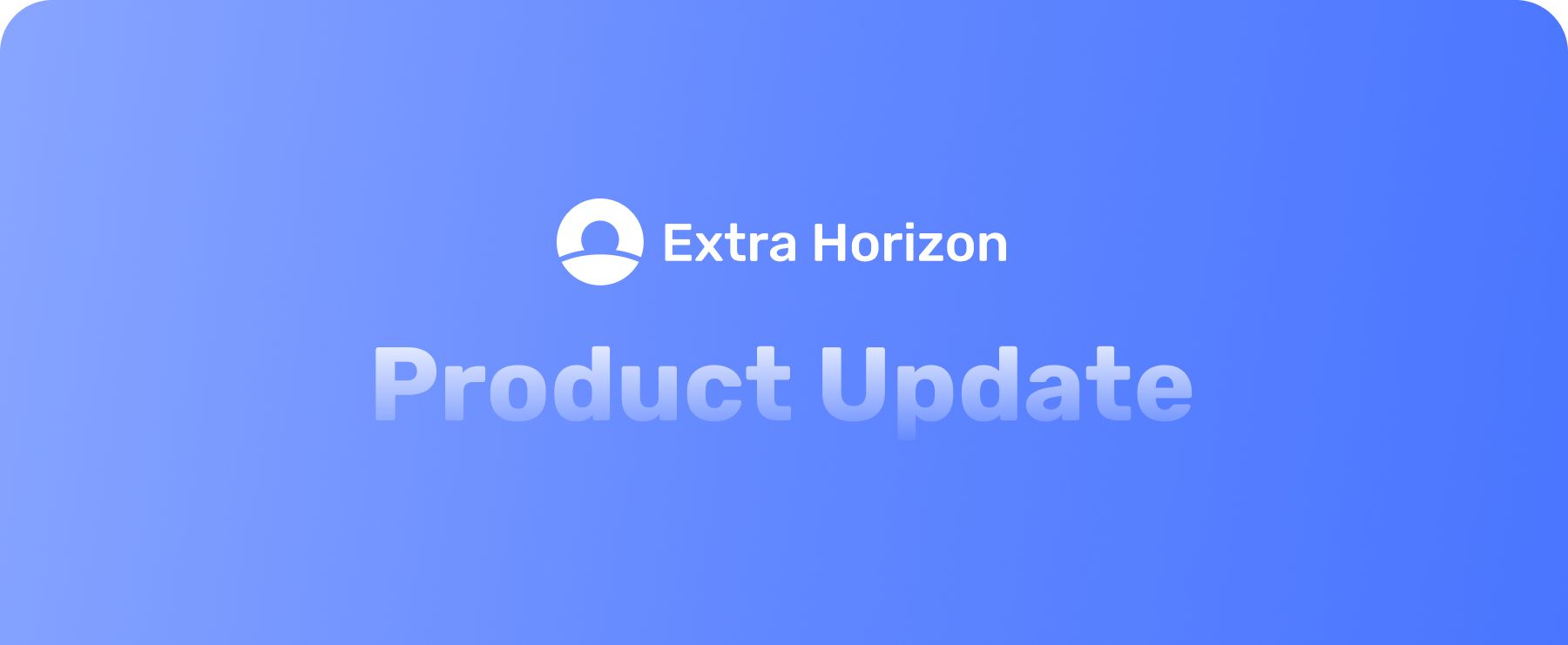
FREE EBOOKS
GOT QUESTIONS?
Get in touch, we're eager to answer your questions
Solutions
BY USE CASE
BY CAPABILITY
BY STAGE
Getting Started
AS A DEVELOPER
AS A PARTNER
© 2023 Extra Horizon, All rights reserved
Kempische Steenweg 303, 3500, Hasselt, BE
— Hasselt, Belgium

